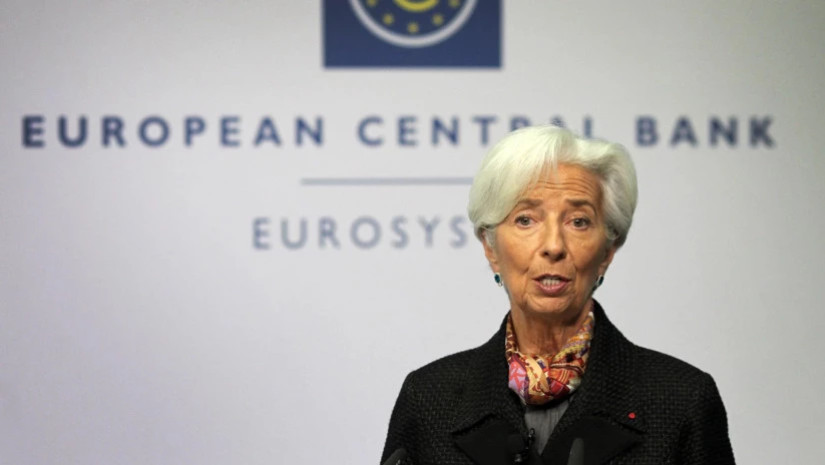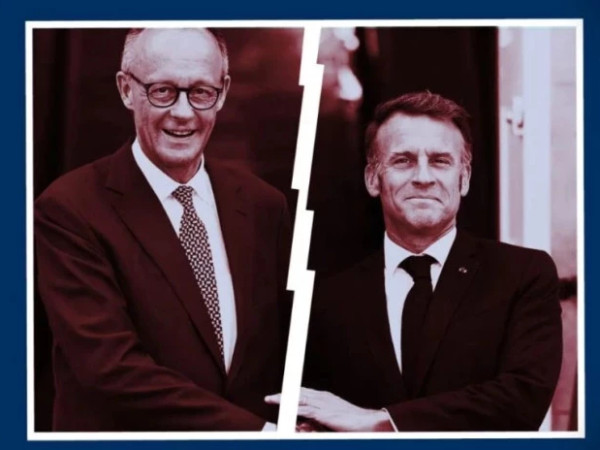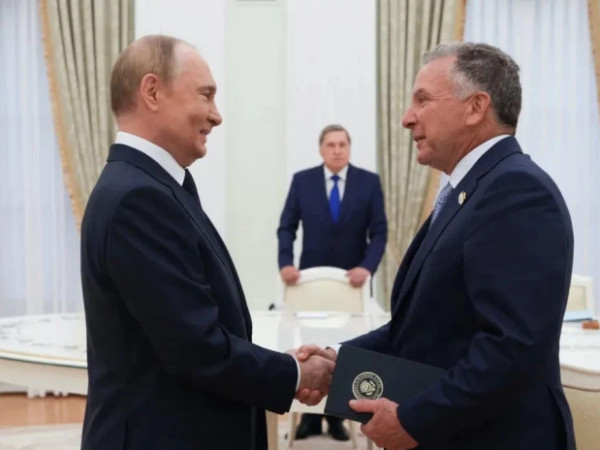The European Central Bank lowered interest rates for the sixth time since June and indicated that its cutting phase may be drawing to a close as inflation cools and the economy digests seismic shifts in geopolitics.
The deposit rate was reduced by a quarter point to 2.5%, as predicted by all but one analyst in a Bloomberg survey. Officials described their monetary-policy stance as becoming “meaningfully less restrictive.”
Revealing that inflation will take slightly longer to reach 2%, the ECB is switching “to a more evolutionary approach,” President Christine Lagarde said Thursday. She repeated that policymakers won’t commit to any particular path for borrowing costs, since the backdrop is changing “dramatically” from one day to another.
Changing its statement language will feed speculation that the ECB is contemplating a timeout from rate cuts next month, confident that its inflation goal is within reach. That may be bad news for Europe’s stuttering economy, which as well as US trade tariffs must now also deal with a glut of spending to retool the continent’s armies.
Lagarde, however, described risks to economic expansion as still tilted to the downside.
“Uncertainty has increased and is likely to weigh on investment and exports by more than previously expected,” she said. “Growth should be supported by higher incomes and lower borrowing costs.”
Lagarde said higher defense spending should perk up the economy after the shock movements in US foreign policy left Europe in the driving seat of Ukraine’s — and its own — defense.
The European Union is looking to mobilize about €800 billion ($861 billion) for military expenditure, with German Chancellor-in-waiting Friedrich Merz pledging to do “whatever it takes” to defend his nation.


















